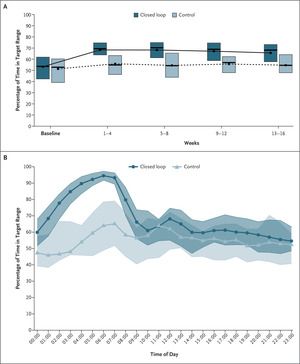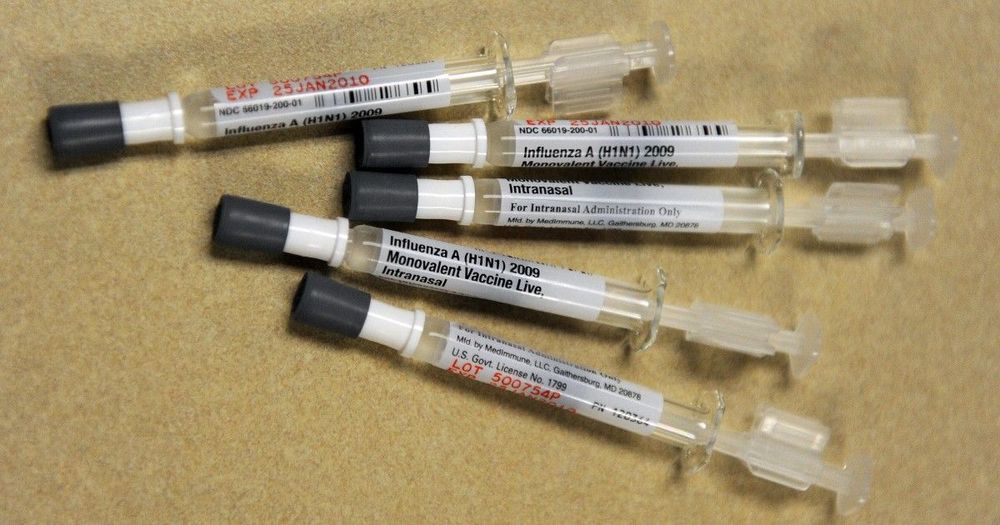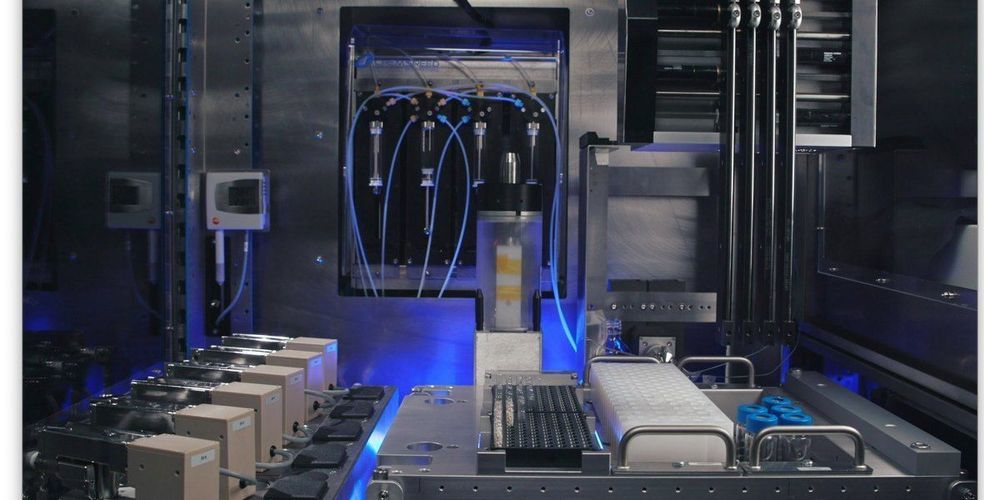Aug 30, 2020
FRAMOS Launches an Industrial 3D GigE Camera Based on Intel’s® RealSense™ Technology
Posted by Omuterema Akhahenda in categories: biotech/medical, robotics/AI
FRAMOS, the global partner for Vision Technologies, has developed an industrial grade version of Intel’s® RealSense™ Suite to provide Gigabit Ethernet connectivity and an IP66 rated housing. The D435e industrial 3D GigE Vision camera leverages the advantages of easy-to-integrate 3D vision in rugged environments; enabling real-time positioning, orientation and tracking of robots, automated guided vehicles, and smart machines.
Christopher Scheubel, Product Manager for Intel at FRAMOS, says: “Providing an ethernet solution in combination with Intel’s® RealSense™ Technology is key to enabling 3D vision applications for industry that require longer cable lengths, dust and water resistance, and locked connections. Applications like robotic pick and place systems, automated guided vehicles (AGVs), retail observation, or automatic patient positioning, benefit from the very robust implementation and high usability.”


















